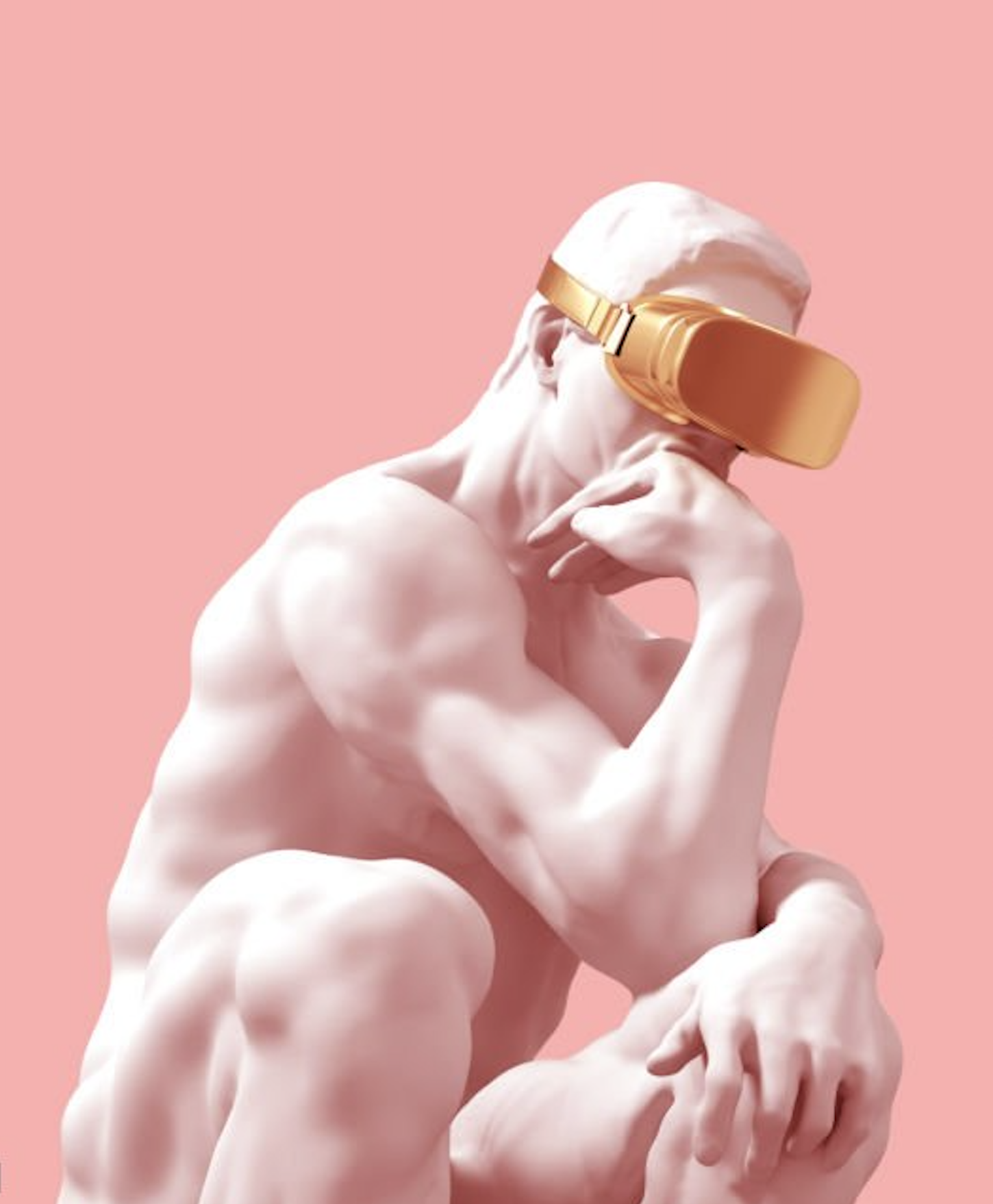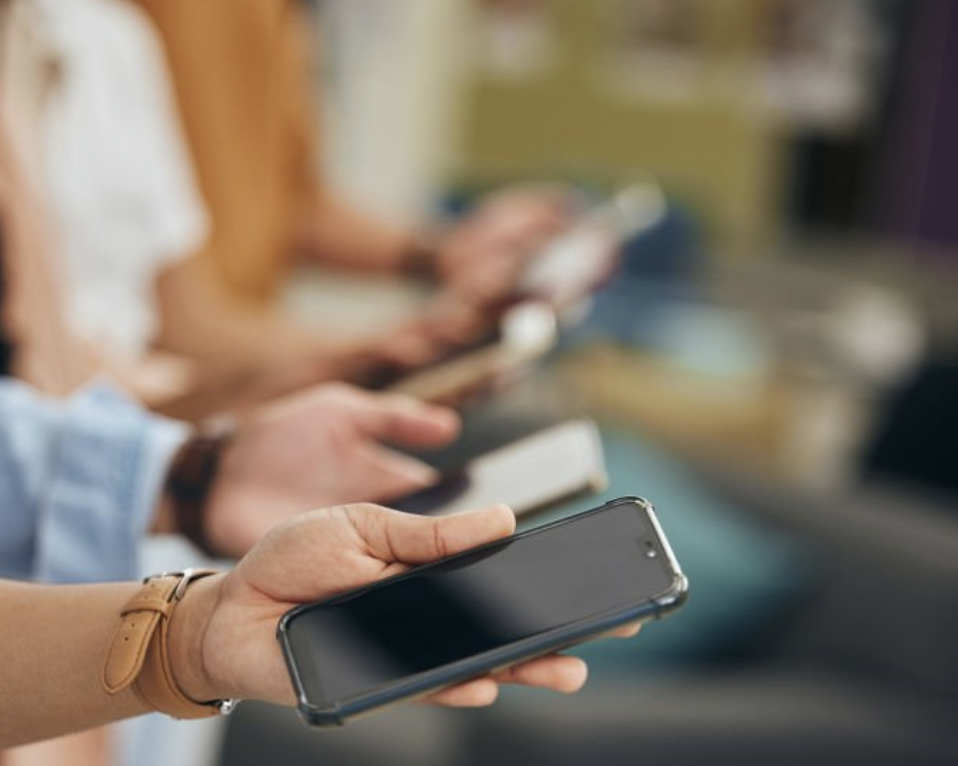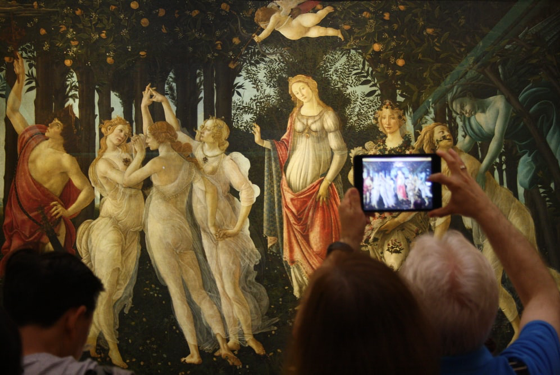People who lived two hundred years ago definitely could not imagine that life in the 21st century would be so convenient and change so quickly. With the development of the Internet and media technology, people have inevitably entered the digital world, which greatly decreases the barriers of space and time.
As an exchange student, here is what a typically digital day looks like for me. After waking up, I check my email, social media, and daily news to make sure I don’t miss any information. I check the bus and train schedules using a transportation app before I go to class. I look for restaurants with over four-star ratings on Google Maps to have my meal. I calculate the time difference and FaceTime with my family who are far away. In addition, the smartwatch I wear can monitor changes in my body while I’m exercising and sleeping.
In a nutshell, I can’t live without these small digital gadgets. This makes me reflect on the impact of digitalization.
Benefits of Immersive Experiences
Various aspects in life are related to digitalization, which allows us gain richer life experiences than people in any other generation. For instance, we can easily immersive ourselves in different scenarios through virtual reality (VR) and augmented reality (AR) devices. This technology is being used in education. Pilot training can reduce the costs by using simulation practices. Museums and galleries around the world are starting to embrace this technology. Audiences can experience ancient cultures, war scenes, and significant historical moment as if they were returning to the past. They can also feel the process of creating artwork and the emotions that artists intended to convey, which enhances their interaction and immersion.

Photo by iStock
Another example is the consumption of travel vlogs. Some audiences may not be able to visit certain destinations. Travel vlogs provide a way of virtual travel, allowing them to experience different customs and cultures from around the world in an immersive way and fulfill their mental travel needs.
Beyond Numbers and Algorithms
However, I believe the process of digitalization may heighten our sensitivity to numbers and simplify our life experiences. We often do our research to find restaurants or hotels where every aspect, such as price or service, meet our requirements. Nonetheless, ratings and assessments are subjective. We might miss out on well-performing places that reply and invest less on the rating system. Consider this: Next time you find a restaurant that suits your taste but has a poor rating, will that affect your opinion of it?

Photo by iStock
In recent years, the prevalence of dating app culture has encouraged people to input the information such as interest, preference, and values into the app system, which are simplified into hashtags. The purpose is to help users find similar partners through the analysis and conclusions of algorithms as quickly as possible. Yet, can this method replace the face-to-face chemistry and genuine feelings? Genuine emotional connections often surpass the scope that data can capture. We might lose the process of encountering someone spontaneously and getting to know each other if we reduce ourselves to just a few hashtags.
Conclusion
In modern society, the development of digitalization will continue to advance. The key is how we use digital tools to maximize our benefits, rather than passively accepting the options they provide. So, what kind of life experience do you want? The ‘Best choice’ analyzed and recommended by various data on the Internet? Or do you step outside and explore all the uncertainties by your own?



Recent Comments